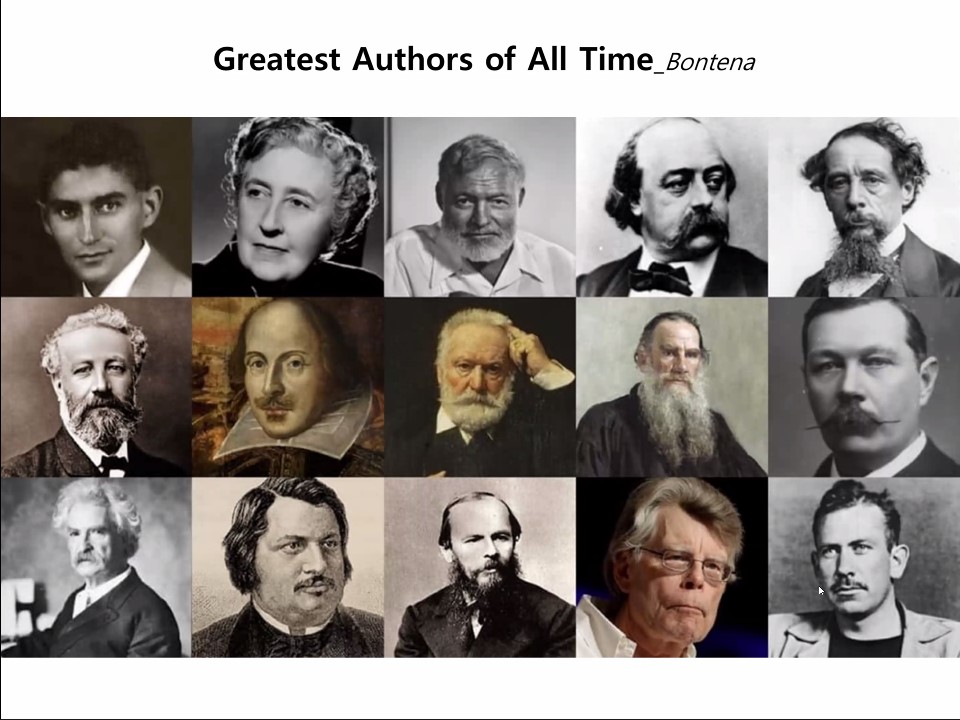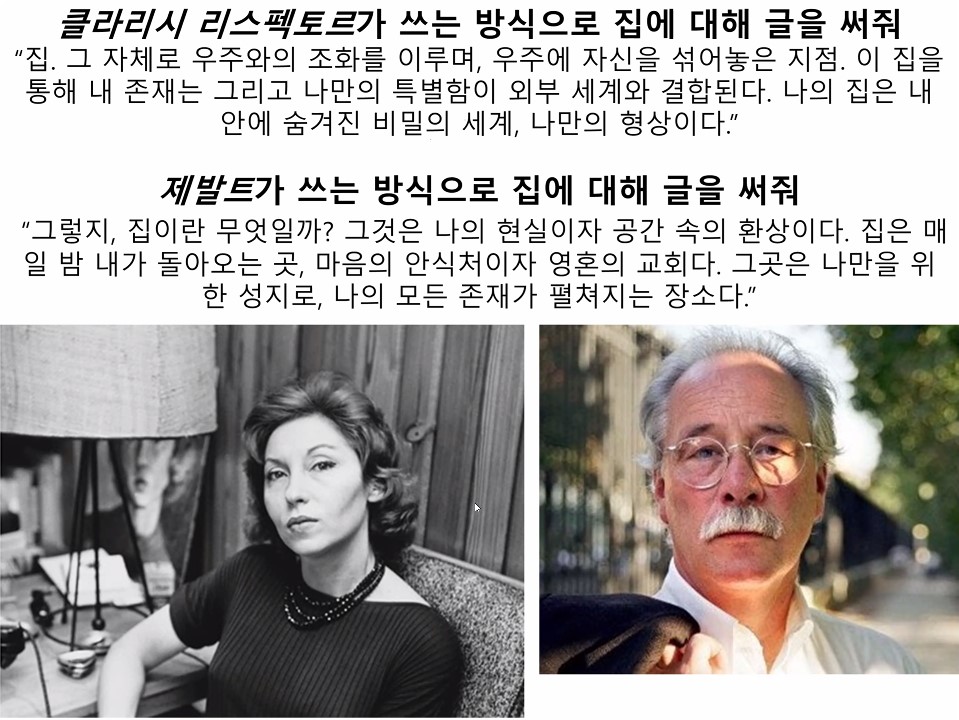SPACE July 2023 (No. 668)


Presentation materials of ‘Key Issues in Architectural Theory, History, and Criticism: The Power of Storytelling’
Screenshots from Zoom
The Korea Association for Architectural History organised an Architectural Theory Class to foster knowledge exchange and encourage fresh perspectives on the definition, creation, history, and critique of architecture. Following the lecture on June 5 by Kim Youngcheol (professor, Pai Chai University) titled ‘Defining Architecture: A comparative analysis of vitruvius and schumarsow’, the author Lee Jongkeun delivered the lecture on June 12 titled ‘Key Issues in Architectural Theory, History, and Criticism: The Power of Storytelling’. Lee Jongkeun emphasised the significance of stories in all forms of writing, including architectural theory, history, criticism, and theses. He regarded stories as a significant to the full span of human life. According to him, Jesus plays a pivotal role as the primary storyteller in the western world, while Buddha takes on that role in the east. However, with the emergence of ChatGPT, the position of the human storyteller is being challenged. ChatGPT can mimic the unique writing style of authors, such as Clarice Lispector, but, what is truly remarkable about this application is its ability to transcend technology and delve into the abstract. This led to Lee Jongkeun’s fundamental question: What kinds of stories can only be created by humans? The answer, he argues, lies in experience. Experience is the integration of sensation and knowledge, distinct from mere information. ChatGPT lacks direct experience as it lacks a physical body. Johann Peter Hebel’s Unexpected Reunion serves as an example of an experience-based story that can be interpreted and expanded beyond the mere communication of information. Hebel takes a simple sentence like ‘50 years have passed’ and recontextualises it within a historical framework, drawing upon events such as ‘the Lisbon earthquake, the death of Emperor Francisco I, the disbanding of the Jesuits, and the partitioning of Poland.’ However, there are aspects of experience that demand reflection. In today’s capitalist society, experiences devoid of an exchange value often go unnoticed. Lee Jongkeun posed another crucial question: How can we attain an authentic experience liberated from social structures? He referred to Hume’s statement, ‘Reason is the slave of the passions,’ which suggests that our emotions take precedence when making decisions, and reason serves as a tool to justify those decisions. Ultimately, he suggests embracing our emotions to create an authentic experience and a story that only humans can tell. In the words of Nietzsche, write with your blood, for it is by tapping into our emotions and the impulses that lie beneath them that we can generate power and vitality, rather than relying solely on intellectual analysis. This class marks the 12th session of the Architectural Theory Class, which will continue until Aug. 21 on the Korea Association for Architectural Historyʼs online conference platform (Zoom). by Park Jiyoun





